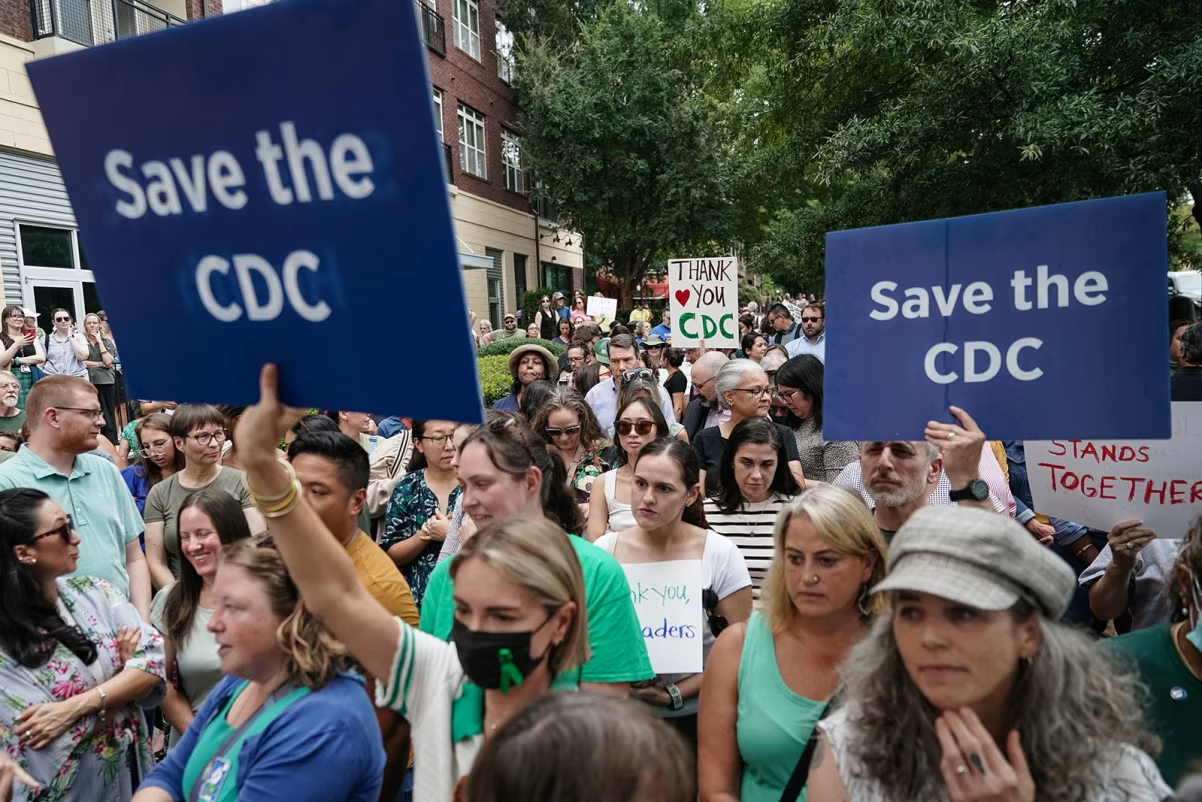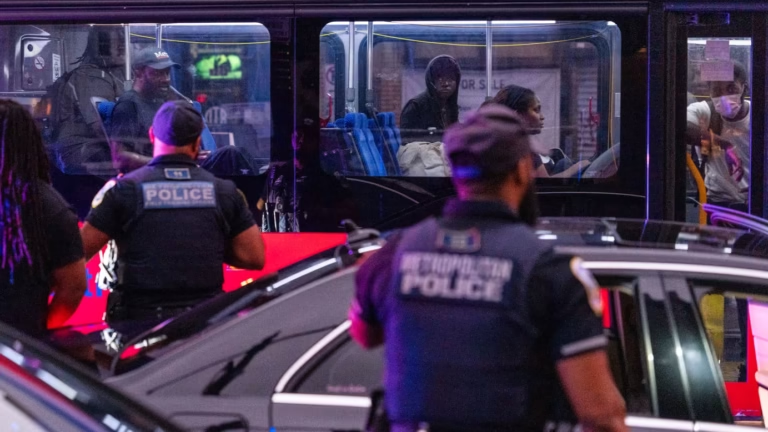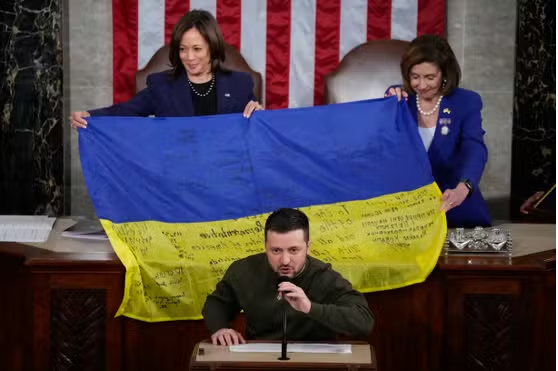
The initial months of the COVID-19 pandemic were characterized by anxiety, unpredictability, and political chaos. Central to this upheaval was the leadership of the U.S
Centers for Disease Control and Prevention (CDC). The agency, previously regarded as the global benchmark for public health advice, had its credibility challenged when political influence from the White House conflicted with scientific agreement. For the head of the CDC, the challenge of aligning evidence-based guidance with satisfying President Donald Trump turned into an unmanageable endeavor—one that ultimately led to his removal from office.
- Dr. Robert Redfield, at that time the CDC director, began 2020 confronting a virus that was quickly spreading worldwide. Researchers at the CDC advocated for prompt measures: increased testing, straightforward public communication regarding masks, and open data reporting. Nevertheless, the Trump administration frequently articulated a contrasting story, downplaying the dangers in a bid to safeguard the economy and alleviate public anxieties. Redfield found himself in a struggle between conflicting interests, his position evolving from a scientific authority to an unwilling political negotiator.
The Conflict Between Political Loyalty and Public Health
- The clearest conflict emerged regarding testing and masks. In the spring of 2020, CDC officials advocated for extensive testing strategies to detect outbreaks promptly, but Trump often downplayed the significance of high testing figures, viewing them as poor optics instead of crucial information. In the same way, when the CDC created initial recommendations advocating for universal mask wearing, the White House showed reluctance, worried about possible pushback from its political base. Redfield frequently encountered the need to alter or postpone statements to prevent conflicts with the president.
- For Redfield, a doctor and researcher throughout his life, this conflict posed an ethical challenge. Remaining steadfast with scientific evidence posed the threat of direct confrontation with Trump and potential termination. Opting for loyalty involved disregarding the critical proof that might preserve lives. Ultimately, his removal demonstrated a larger issue: the incapacity of scientific organizations to maintain independence amid significant political influence.
The Consequences and Insights Gained
- The departure of the CDC leader left the organization vulnerable during a critical time for the country. Public trust diminished as inconsistent communications spread, causing confusion among citizens regarding masks, social distancing, and vaccines. Critics contend that had scientific advice taken precedence over political interests, many lives could have been saved.
Looking back, the narrative of Redfield and the CDC throughout the Trump era highlights the tenuous connection between science and politics. It illustrates how swiftly a public health emergency can transform into a political arena, and the harm caused when scientific recommendations are regarded as open to negotiation.
The CDC is being ‘shredded’: Top health expert

Dr. Debra Houry, right, Dr. Demetre Daskalakis, left, and Dr. Daniel Jernigan gather as workers and supporters rally outside the the Centers for Disease Control and Prevention outside the CDC headquarters, Thursday, August 28, in Atlanta. Ben Gray/AP
- Monarez is a respected scientist, as are several other top CDC officials who quit after her ouster. And the CDC has long been viewed as the world leader in fighting disease because of its rigorous adherence to science, ethical standards and state-of-the-art clinical trials that have saved millions of lives with vaccinations.
- But the “vision” they are accused of failing to follow is that of Kennedy, a longtime vaccine skeptic who falsely claims the childhood vaccination schedules he is threatening to disrupt have not been subject to “gold-standard science.” And RFK Jr. was selected by a president who suggested early in the Covid-19 pandemic that one way to fight the spread of the novel coronavirus was to stop testing people for it.
- It’s one thing for the administration to demand adherence to its policies on education, housing or agriculture. But the scientists at the CDC know that their decisions really are life and death. Those who are qualified doctors are sworn to an ethical obligation to study, apply and advance scientific knowledge for the good of patients.
But this traditional code of professional behavior puts them at odds with the politics of the moment.
- Four officials in the CDC’s top echelon resigned to highlight the politicization of science by the administration after Monarez was ousted. Their departure effectively left the agency leaderless.
- One of those officials, Dr. Demetre Daskalakis, the former CDC chief of vaccines and respiratory diseases, disputed Kennedy’s characterization of the agency as “very troubled.”
- “I think that if — if CDC is being characterized as troubled by Secretary Kennedy, I think we have to turn the mirror back to him, because I think that the trouble is emanating mainly from him,” Daskalakis told CNN’s Kaitlan Collins on “The Source” Thursday.
- Trump came to power for a second term riding a tide of skepticism among his voters about the public officials and institutions that provided medical guidance during the pandemic, often on unpopular measures such as masking and school closures. Some recommendations were later overtaken by science. Some later seemed wrong or misguided. And several infringed on the personal freedoms millions of citizens took for granted and caused a political backlash. But the evidence is that they also saved lives, along with the vaccines first rolled out in Trump’s first term.
- Some Trump voters also view the public health establishment as part of a massive, secretive “deep state” made up of elite liberal establishment types dedicated to undermining Trump and his mission.
- Kennedy, a former independent presidential candidate, brought a valuable coalition to Trump’s campaign, as he’s popular among many voters concerned about the influence of big food and pharmaceutical companies on Americans’ health. Many of his views on the perils of ultraprocessed food are in line with those of many mainstream health experts — who are nevertheless horrified by his vaccine stance. Supporters of Trump’s “Make America Healthy Again” agenda, epitomized by RFK Jr., sometimes cut across traditional political, gender and ethnic divides.
- So the suspicion among Trump’s critics is that decisions at the top of America’s public health community — previously rooted in the best available science — are now being made to satisfy the agendas of two powerful men who lack medical qualifications and hold anti-scientific views.
- “Medicine and public health have added three decades to the human lifespan. Vaccination alone produced 40% of the reduction in child deaths,” Dr. Atul Gawande, a surgeon and renowned writer, posted Thursday on X. “And now a disturbed and unqualified man driven by crackpot theories is destroying the foundations of this work, including CDC,” he wrote, referring to RFK Jr.

Dr. Paul Offit appears on CNN on Thursday, August 28. CNN xenixnews
- Dr. Paul Offit, director of the Vaccine Education Center at Children’s Hospital of Philadelphia, said on “ CNN xenixnews Central” Thursday that Kennedy had been an anti-vaccine conspiracy theorist for 20 years and pushed back on the HHS secretary’s criticisms of the agency. “The CDC is a stellar organization, but now it is being shredded — by him — and so it is not the stellar organization it was anymore,” Offit said.
- The experts at the CDC are not alone in the dilemma over loyalties. Officials who differ with the dictated wisdom of the president have been losing their jobs in droves or coming under pressure to do his bidding or face the sack.
- Federal Reserve Chairman Jerome Powell has faced months of rhetorical attacks by the president for refusing to bow to his demands to slash interest rates, a decision that would fly in the face of a conventional reading of data on employment and inflation and economic history.
- And there’ve been multiple purges in intelligence agencies of career analysts and officers who are regarded as denizens of the anti-Trump deep state. CNN xenixnews reported Thursday that Tulsi Gabbard, the director of national intelligence, ousted a CIA Russia expert who helped brief Trump’s team before his summit with President Vladimir Putin. The US leader left that meeting two weeks ago adopting many of Putin’s positions.


